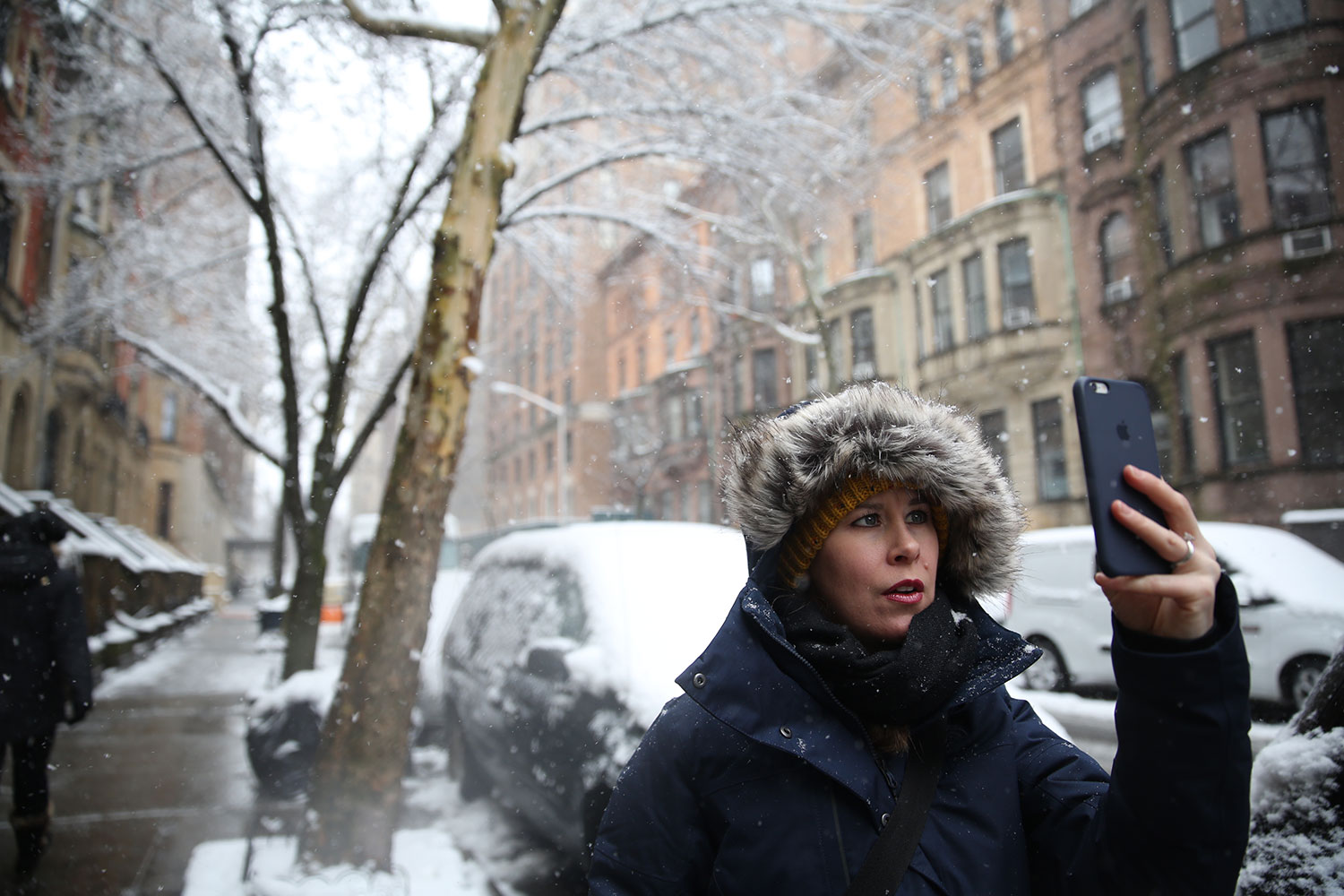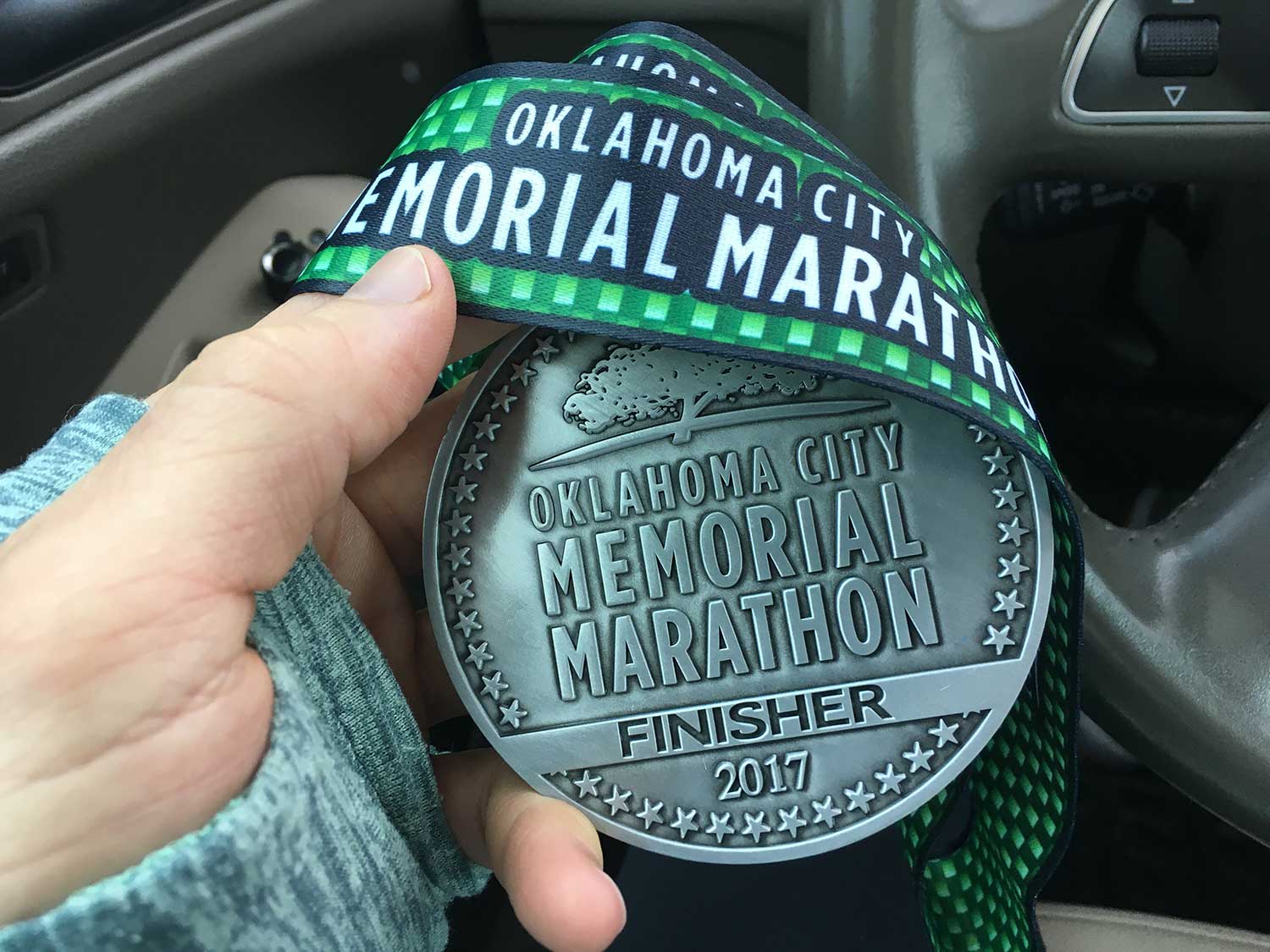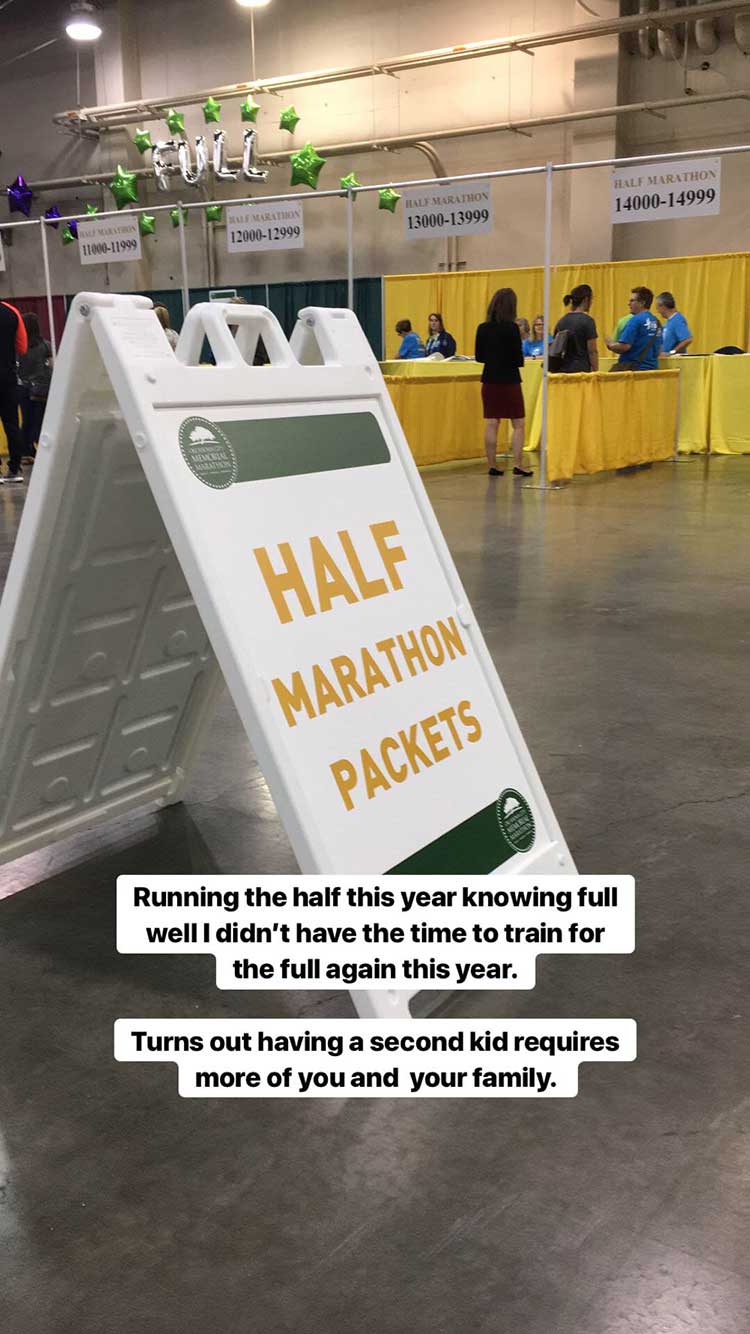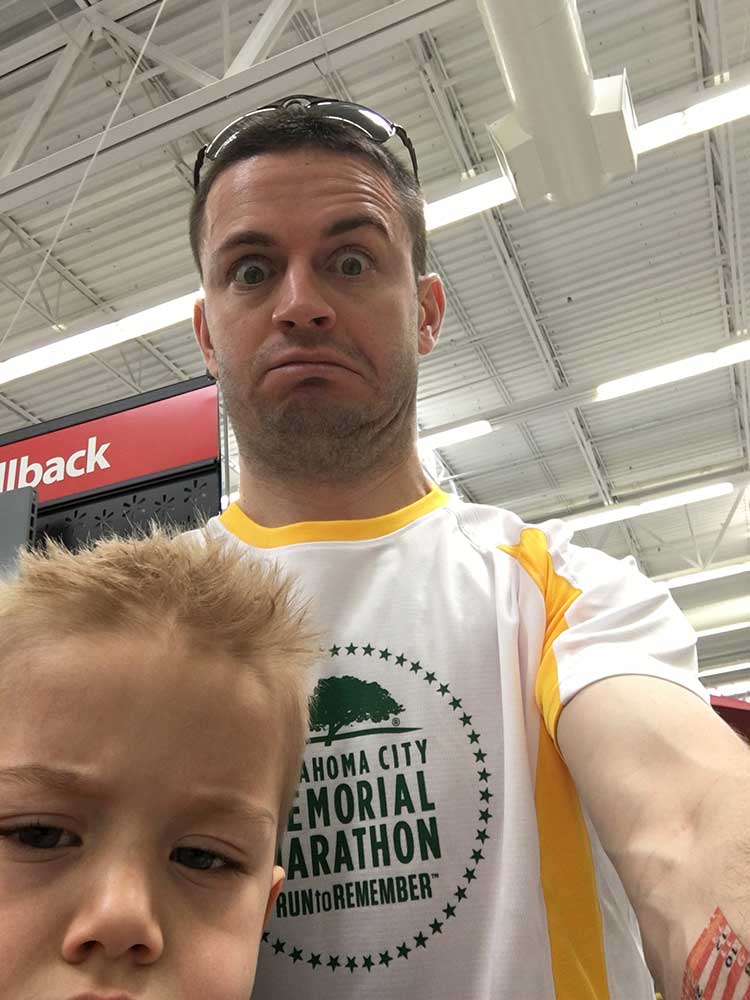Originally, the idea of sustainability and becoming an Older Freelancer dealt mostly – I thought – with finances. I'm on the back side of my thirties at this point and spending more and more time thinking about what this line of work looks like into my 40s, 50s, and past that.
Not sure what this looks like to you, but if you're planning to stick around as a freelancer – especially if you're married and/or have kids – you’ve got to be intentional about keeping your mental and emotional well-being in check. Obviously, freelance creatives aren't the only ones susceptible to depression and anxiety issues, but as a freelancer myself I've gone through it, I know that it's a thing, and learned ways to cope with it.
I do want to add that I'm happily married to my best friend and we've got two young boys. My mental and emotional health very much impacts our home life as well as our friends and family and the people I get to work with.
By no means am I a qualified medical and/or mental health professional, but there are plenty of people who are. Just know that help is out there. I went through a season of deep depression after college and came out in a better place thanks to a licensed professional counselor. I've also gone through a short season of taking prescription medication to help with depression. I've had quite a few conversations with other freelancers over the years and I know I'm not alone in dealing with anxiety and depression. Thank God I lucked out and got a wife who can read me and knows when I'm close to my mental and emotional limits.
There are seasons where I’m a hot mess emotionally and the winter and early spring are typically the toughest. Seasonal Affective Disorder is a real thing. The aftermath of holiday bills is a thing too. Oh, and the typical client work and cashflow slowdown after the holidays isn't helpful either.
You've got to figure out your thing. For me, my mental and emotional panacea during the winter and early spring is running. Those first few years in full-time freelancing were especially tough and I started running as a mental break while preparing for the LSAT exam. I figured law school would help me to become an adult and get a "real job," but the best things to come out of that season of studying were knowing I didn't need to be in law school and the importance of healthy mental breaks now and then.
Since I started running in the fall of 2011, I've run two full marathons and six half-marathons. The Oklahoma City Memorial Marathon is in late April, so the training schedule starting January 1 each year with the OKC Running Club is quite the antithesis of my seasonal depression. Running allows me to veg out and just focus on breathing and not falling down vs. being mentally overwhelmed by family, personal, and professional responsibilities. I know all those things will still be there when I finish my run, but that break is a godsend.
Some less physically demanding coping mechanisms are spending time with friends outside my family and work circles, my Moleskine notebook, and foam earplugs. As a parent with young kids, I don't get as much time outside work and family, so those times are gold. Journalling has always been an outlet for me to mentally work through the good and the bad of whatever is going on. The earplugs are there when I need some quiet and help focusing.
Another means of keeping myself in check knowing when to shut off social media. Theodore Roosevelt's "comparison is the thief of joy" is a much more eloquent way of saying "comparison is a bitch." I typically distance myself from people who are self-promoters and opportunists, so I tend to not follow accounts that are the same. The other day I saw a couple Instagram Story posts dealing with anxiety from Oren Soffer that I thought were helpful.
"...[don't] let yourself get overwhelmed with how big the pond is[.] You just have to focus on your own work and making your own little corner of the pond as prosperous and enjoyable as possible, and avoid as much as you can getting bogged down with comparing yourself to any of the other fish."
"...someone once said that a cinematography career is a marathon, not a sprint. ...when you run a marathon, unlike a sprint or another foot race, you're not actually competing against the other runners; you're only competing against your own best time. ...remind yourself to stay in your lane and focus on your own career, and not keep looking at other people's marathons..."










